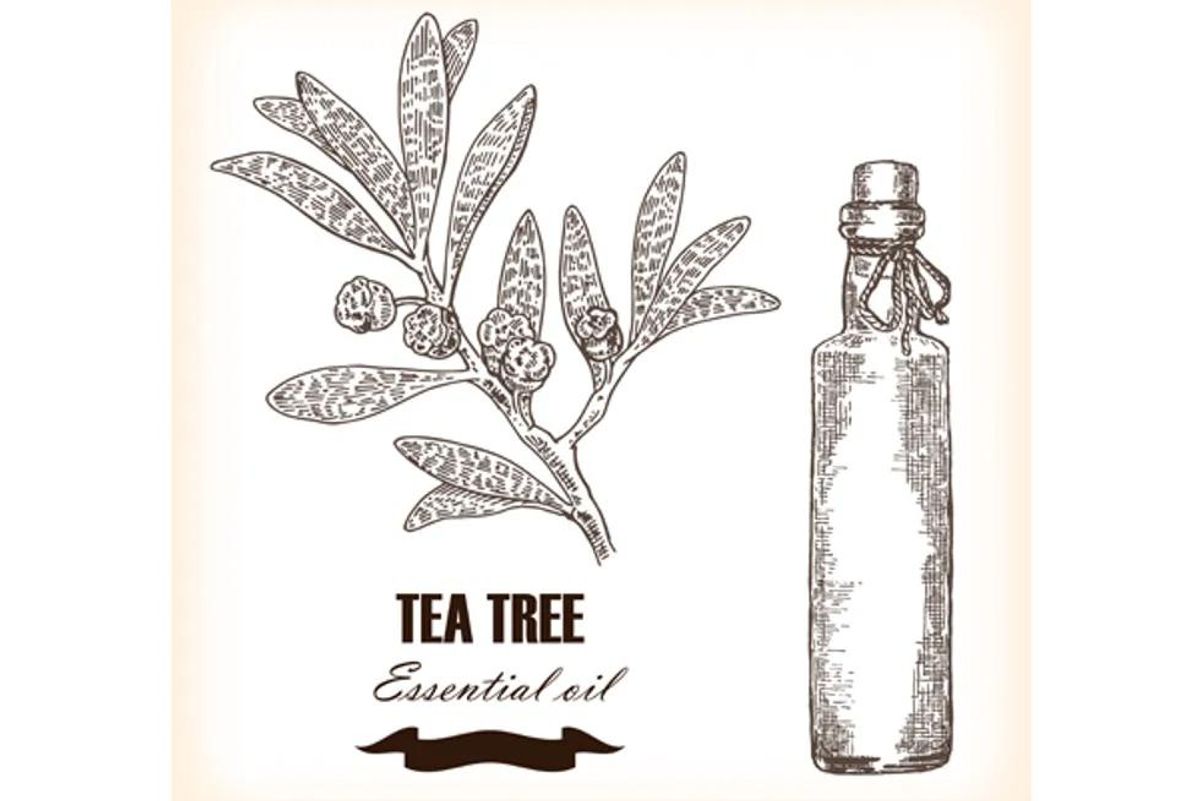
7 Uses for Tea Tree Oil
Tea tree oil is best known for its antiseptic properties and has a history of use in medicine to treat various infections.
Mar 07, 2016
Mar 16, 2021
Lifestyle
Sheryl Kraft, a freelance writer and breast cancer survivor, was born in Long Beach, New York. She currently lives in Connecticut with her husband Alan and dog Chloe, where her nest is empty of her two sons Jonathan. Sheryl writes articles and essays on breast cancer and contributes to a variety of publications and websites where she writes on general health and wellness issues. She earned her MFA in writing from Sarah Lawrence College in 2005.
Full BioLearn about our editorial policies

No, it's not an oil you cook with, and it doesn't come from the common tea plant that's used in making green and black tea. It's also not the same as tea oil—that sweet seasoning and cooking oil that comes from pressing the leaves of the beverage tea plant (called the Camellia sinensis) or the tea oil plant (Camellia oleifera).
Instead, tea tree oil—also known as melaleuca oil—is an essential oil, made from a native Australian plant called the Melaleuca alternifolia.
OK, that might be a little more than you need to know. But what you do need to know are all the amazing things tea tree oil can do.
This yellowish-colored oil is best known for its antiseptic properties and has a history of use in medicine to treat things like infected skin wounds and athlete's foot.
But there's more—much more.
1. Take care of your teeth. Thanks to its anti-inflammatory and antibacterial properties, tea tree oil is found in many natural toothpastes and mouthwashes. If you're the do-it-yourself type, you can add some to your homemade concoctions. Be careful not to swallow it, though: It can be toxic if consumed in high levels.
2. Treat toenail fungus. This common condition that can cause discoloration, thickening of crumbling of your nails may be successfully treated with tea tree oil, which showed promise in a number of clinical trials.
3. Eradicate mold. Tea tree oil's antifungal properties help bust tough mold, which grows in places with lots of moisture and may cause a variety of health problems to those who are sensitive to it.
4. Attack acne. Tea tree oil's antimicrobial properties come to the rescue, acting as a natural treatment for acne, touted as effective as benzoyl peroxide in one study. If your skin is sensitive to the oil, dilute it with water and dab directly on the zit.
5. Chase away lice. An Italian study found that tea tree oil successfully eradicated 100 percent of these stubborn critters within a half hour—and got rid of their eggs within five days of application.
6. Calm cold sores. Caused by a strain of the herpes simplex virus and usually on and around your lips, these blisters can be painful and unsightly. Tea tree oil, applied with a cotton swab, is helpful in eliminating them.
7. Zap warts. They're stubborn and can take years to disappear. Obliterate warts more quickly by coating the wart with a few drops of tea tree oil, then covering the area with a banana peel (held in place with tape), suggests the University of Maryland Medical Center. Do this at night, they say, for up to three weeks.
And the list goes on. You can also use tea tree oil to treat: